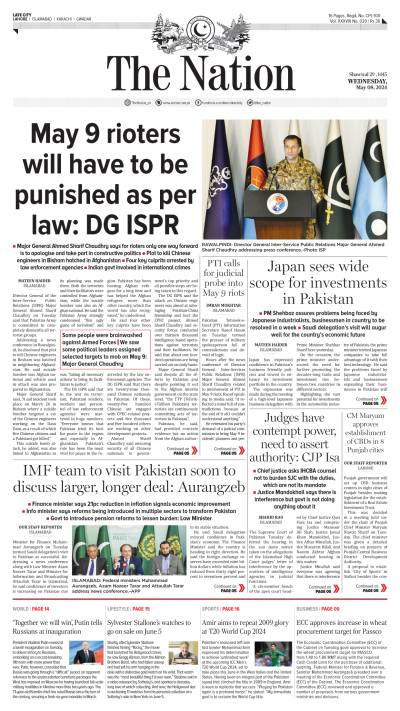As the death toll crossed 26 in the town of Layyah, where contaminated sweets had poisoned countless people, the Pakistan Food Authority finally took notice. Director PFA, Ayesha Mumtaz descended upon the town with an 11-member team, with the Food Minister, Billal Yaseen in tow, promising cash compensation to those affected. As the investigation continues one can count on the PFA Director’s reputation to ensure diligence – but once the case is closed, it is certain that she will be found merrily hunting posh restaurants in the provincial capital once more.
Ayesha Mumtaz’s achievements are undeniable; she exposed that several upscale restaurants flout health safety laws and her ‘raids’ have forced them all to be more vigilant. However as Layyah demonstrates, there are much more serious issues in the health safety business than indigestion caused by eating sub-standard food in a relatively clean restaurant.
Instead of seeking perfection in high dinning, the PFA needs to look at places where health safety laws are being deliberately flouted to a make a profit at the risk of health. Her attentions should be on urban chop shops that sell a mixture of meat drawn from a variety of animals under the label of chicken, or the safety of the countless 24-hour, cheap “roll paratha” joints, that serve thousands of hungry Lahoris each day. It is in places where quality and cleanliness are secondary concerns to quantity and price that the most blatant examples of health endangerment occur – and these are the places that need regulation the most.
The PFA needs to expand its operations, or at least shift its focus. As Pakistan’s population balloons and the demand for food increases people looking to make a quick profit will also increase – as will the risk of another serious incident like Layyah. PFA has established its clout, now it needs to target the reckless and the malicious purveyors of food instead of the ones that earn it the most publicity.






